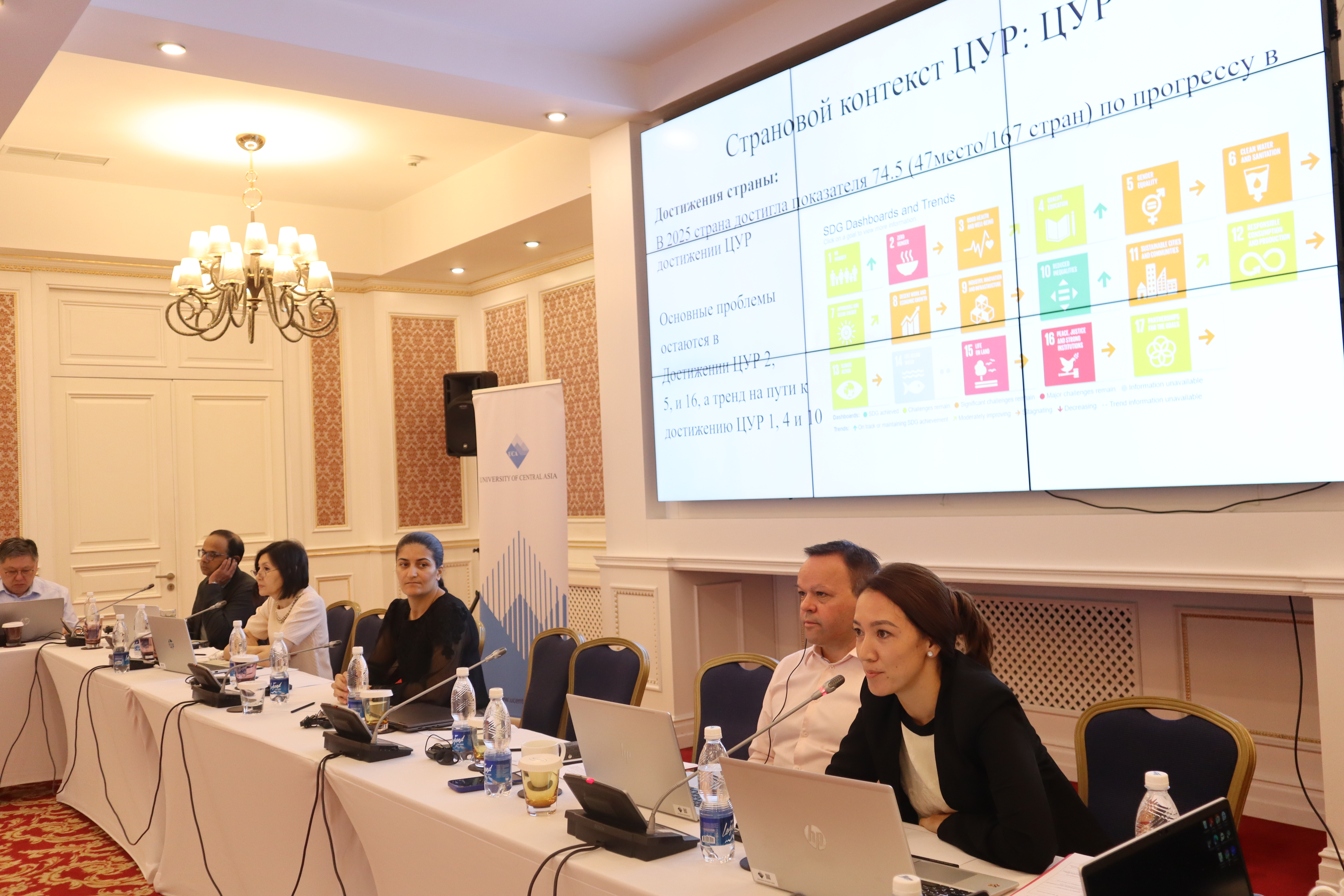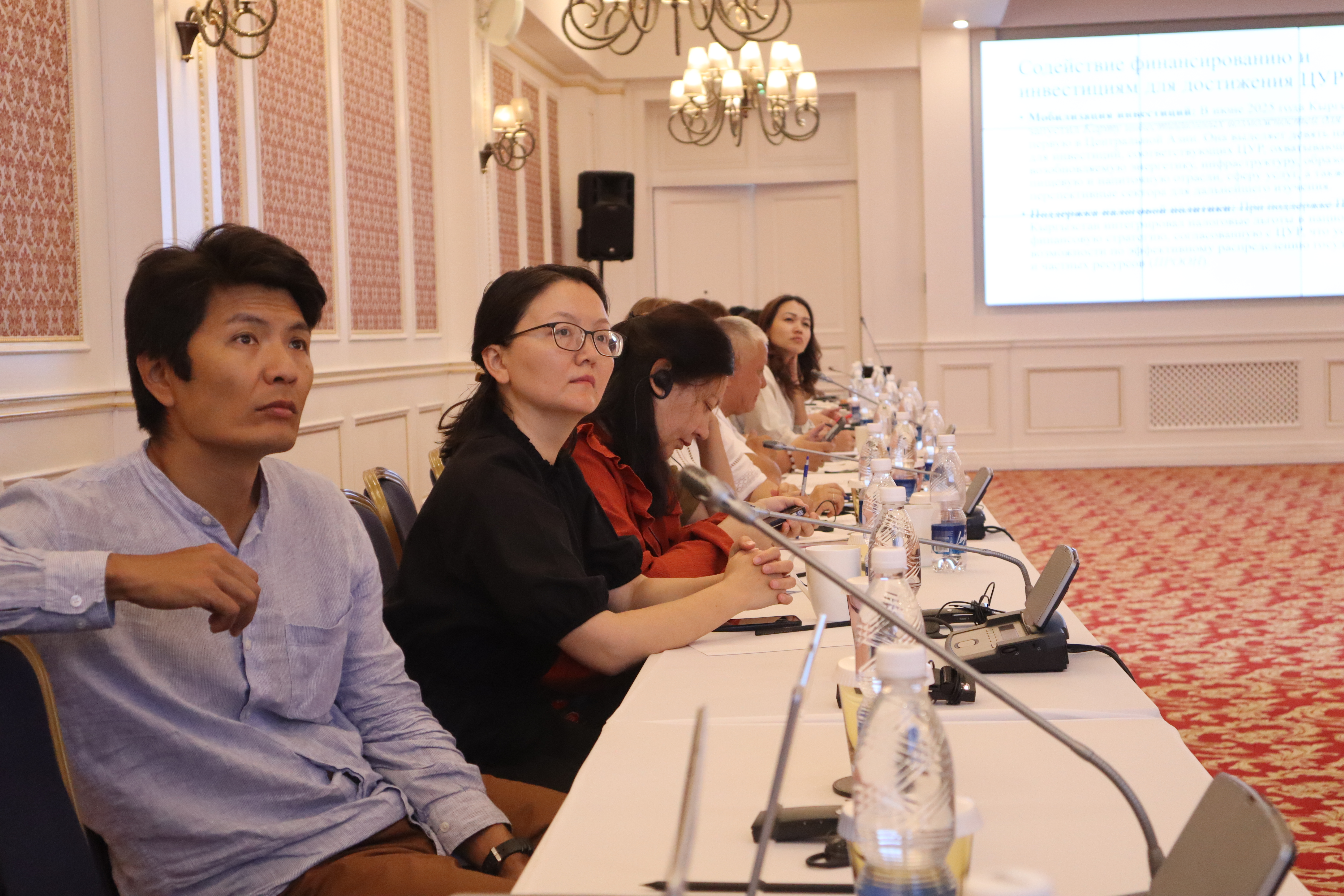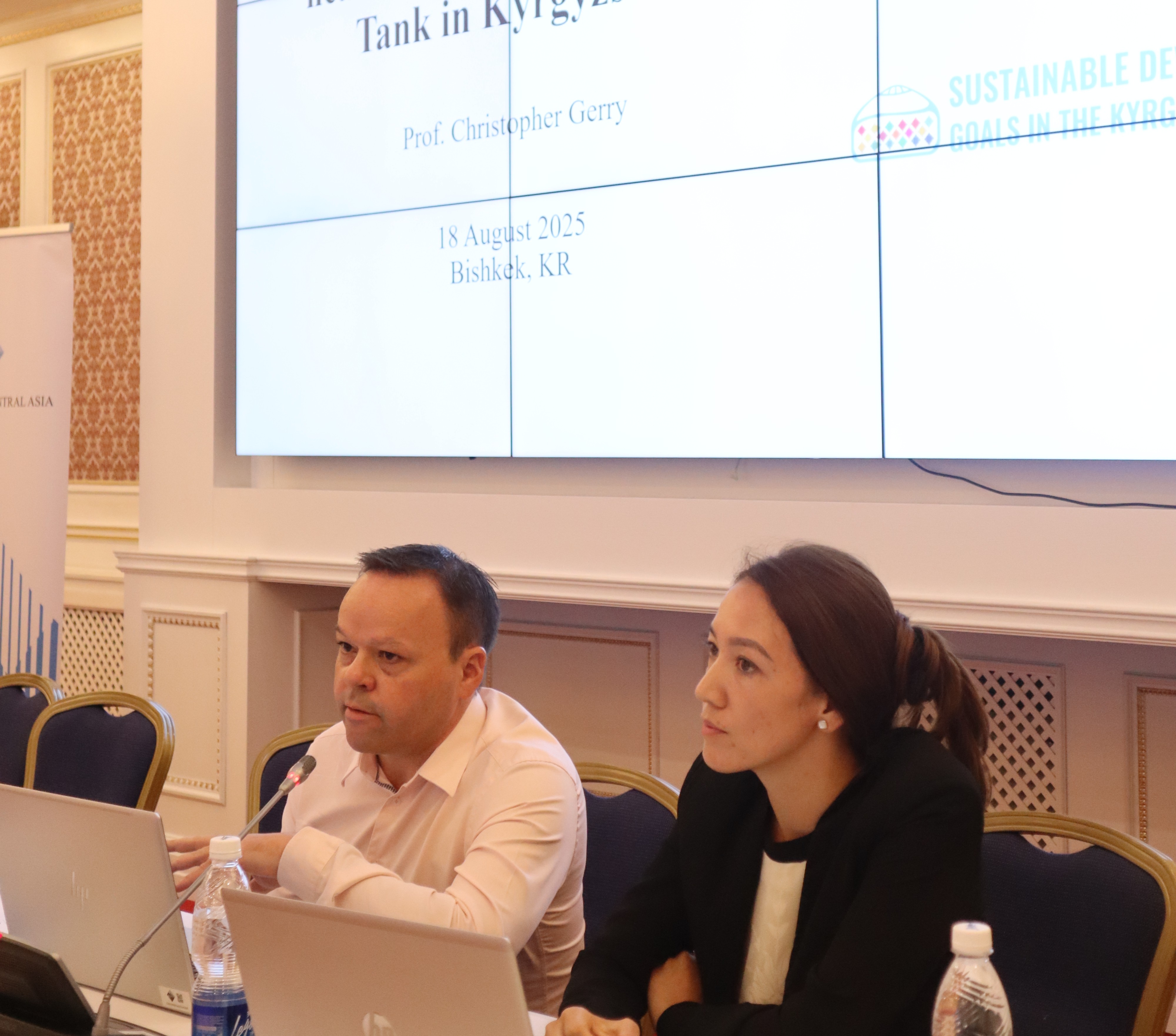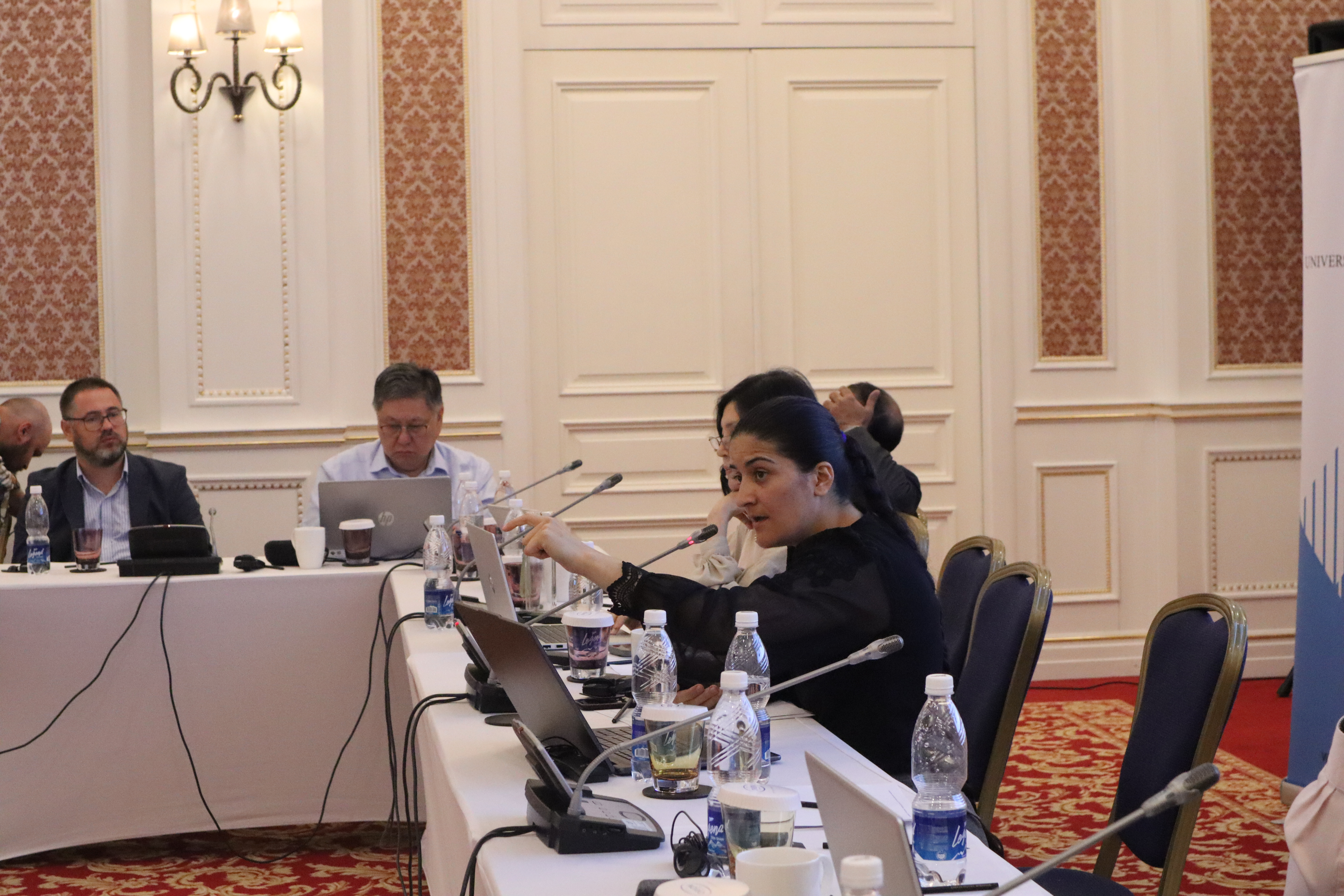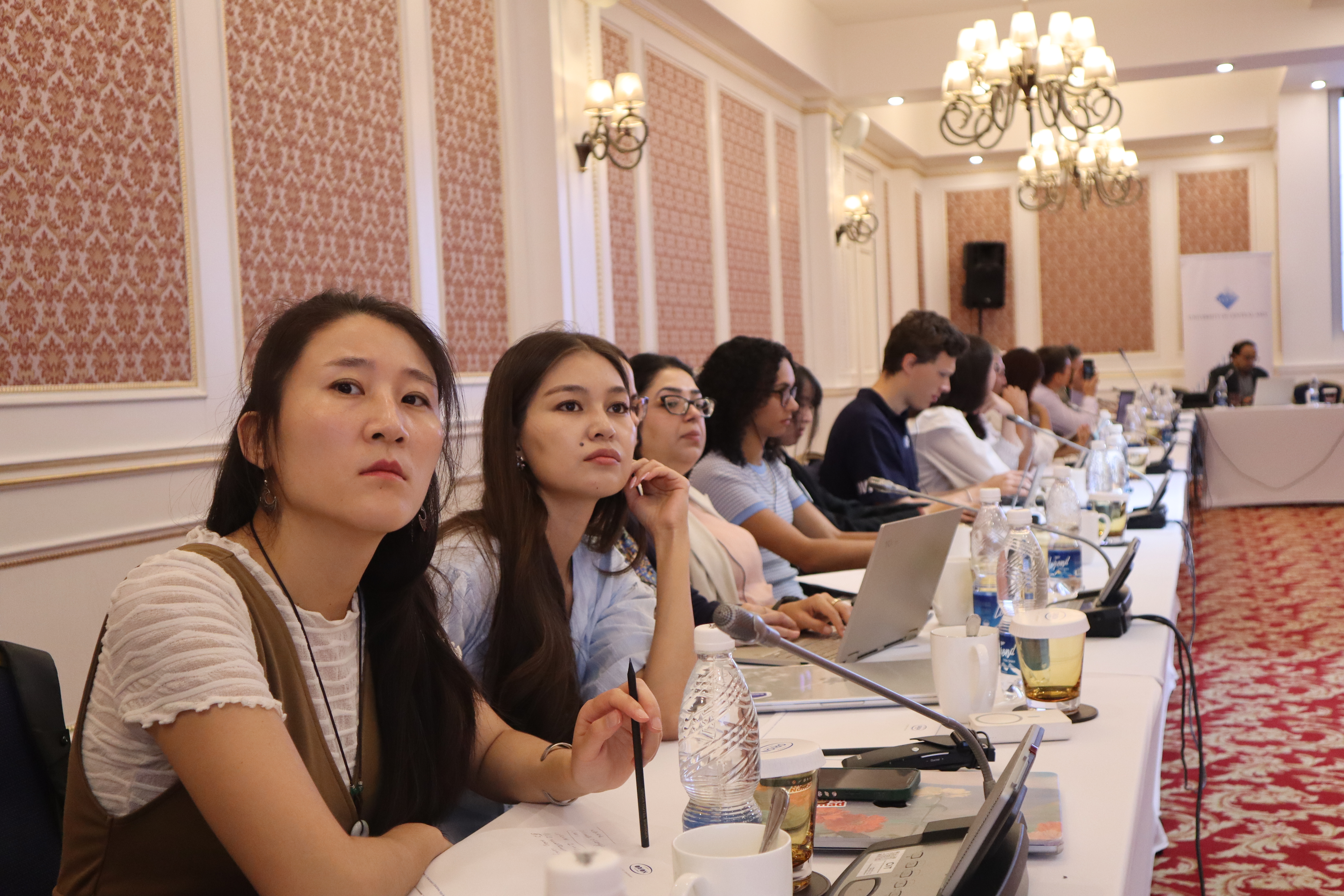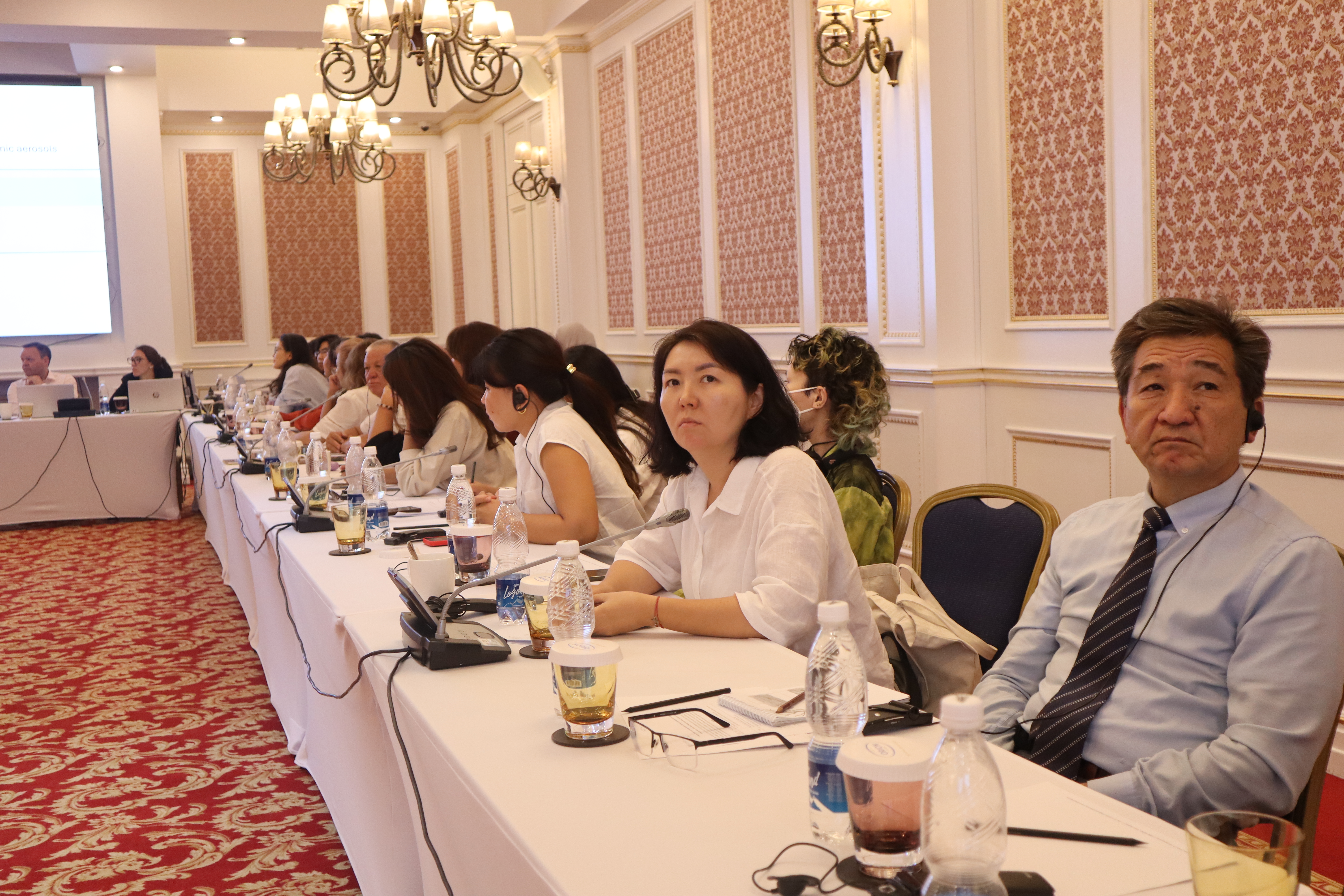
Climate Change and Human Health: Challenges and Adaptation in Kyrgyzstan
University of Central Asia’s (UCA) Graduate School of Development, in collaboration with the Aga Khan University (AKU) in Pakistan and with support from the Centre for Global Child Health at The Hospital for Sick Children, Toronto, hosted an important workshop in Bishkek to highlight one of today’s most pressing but understudied issues: the impact of climate change on human health.
The event brought together leading experts, researchers, and other stakeholders – from UCA, WHO, World Food Programme, International Higher School of Medicine, Osh State University, Talas State University, National Institute of Public Health under the Ministry of Health of the KR, the Aga Khan University, OSCE Academy, Kyrgyz State Medical Academy, AUCA, International University in Kyrgyzstan and the Aga Khan Foundation to explore how climate change is affecting health outcomes in Kyrgyzstan and Central Asia.
"The connection between climate, climate change, environment, and health is clear – it’s just not being studied enough. The purpose of the event is not just to present research, but to create a common language across disciplines and sectors. Because if climate experts and public health specialists continue to talk in parallel, we’ll keep missing the point. We’ll miss the moment. Through events like this, we can promote greater alignment and make progress on the huge challenges that climate change presents for public health. I hope this marks the start of sustained collaboration between disciplines and sectors, united by a common commitment to addressing these challenges", - said Professor Christopher J. Gerry, UCA Rector.
Health and Sustainable Development Goals
The first panel focused on how Kyrgyzstan is working towards health and health-related Sustainable Development Goals (HHSDGs). Saule Chalbasova (UCA) and Gulnara Dzhunushalieva (UCA), presented contextual information on work undertaken at UCA since 2022 monitoring Kyrgyzstan’s progress towards achieving the SDG’s, while Professor Gerry explained how this work had identified that the climate change – health relationship is one of the most important and understudied challenges we face.
Environmental Risks and Human Health
Mushtari Saidikova, a UCA scholarship recipient completing her doctoral research at the University of Cambridge, delivered a presentation on the health effects of atmospheric particles from natural and human-made emissions. Her research is among the first to track the causal mechanisms linking emissions with human health, specifically in vulnerable mountain areas.
Climate Change, Water, and Adaptation
Dr Asel Murzakulova, Senior Research Fellow at UCA’s Graduate School of Development, discussed the climate change, regional water conditions and adaptation challenges in Central Asia. Kanykei Mukambetova from the World Food Programme presented talked on social behavioural change in climate change adaptation, while Samuel Han of UCA presented a policy brief on climate change, water scarcity and health risks in Kyrgyzstan.
Policy and Practice
Adding an international perspective, Dr Amanda Shriwise, Adviser on Health Policy at the WHO, outlined recent initiatives of the WHO Kyrgyzstan to better integrate climate considerations into health policy and strengthen institutional responses.
Local Perspectives and Rural Livelihoods
The final panel gave voice to regional and community-level challenges. Dr Zamirbek Koichumanov of Talas State University examined the role of soil carbon in climate change and food security. Dr Maksim Kulikov from GSD’s Mountain Societies Research Institute (MSRI) looked at environmental impacts in southern Kyrgyzstan. Professor Ainash Sharshenova from the National Institute of Public Health spoke about Kyrgyzstan’s position in the climate and health arena, highlighting the presence of various organisations working in this field, as well as relevant framework conventions, national reports, and policy documents..
This conference marks an important step in sustained collaboration between researchers, practitioners, and policymakers, united by a shared commitment to understanding and addressing the health consequences of climate change in Kyrgyzstan and beyond. Most important, it ended with the announcement of a new Central Asia Climate & Health Network.
Become a part of Central Asia Climate & Health Network:








